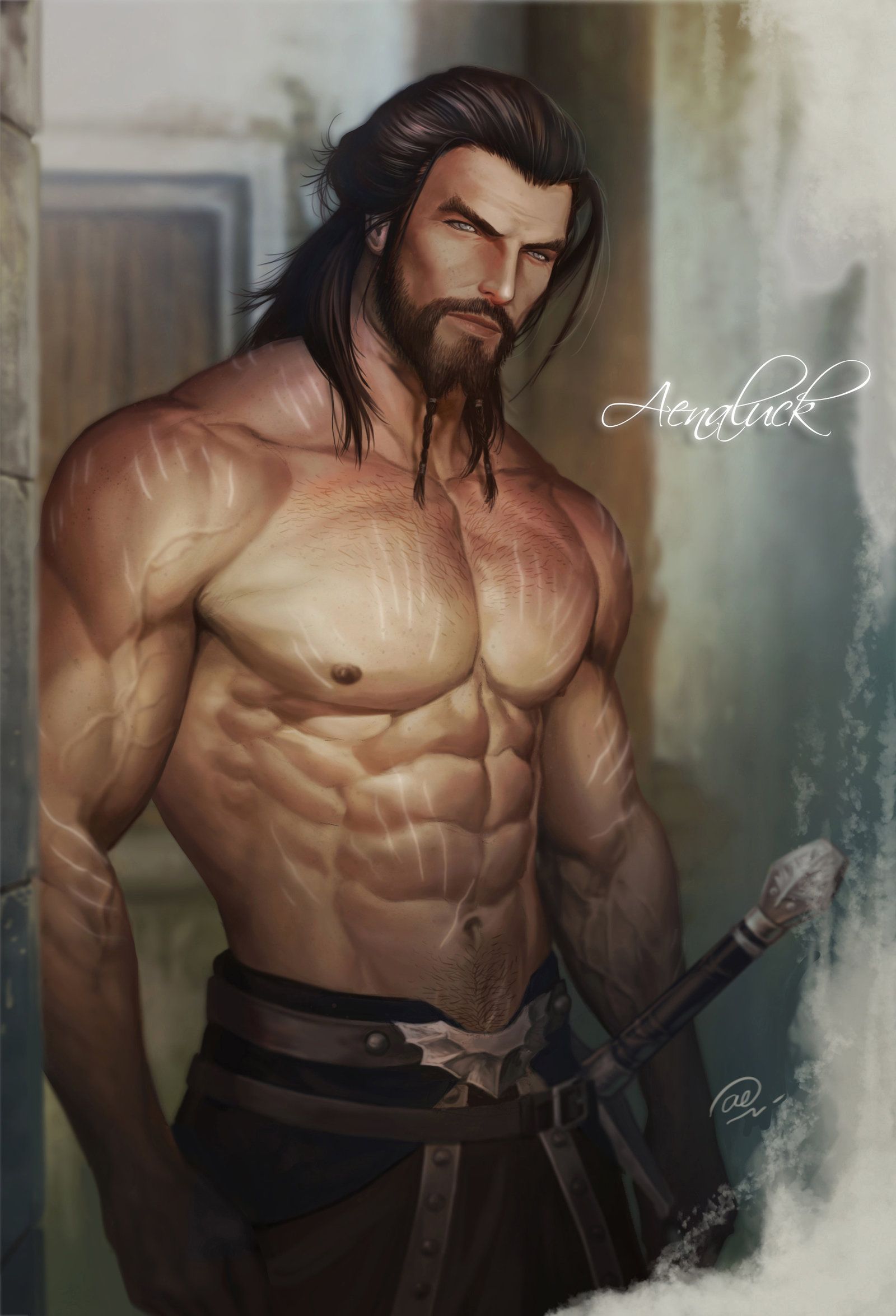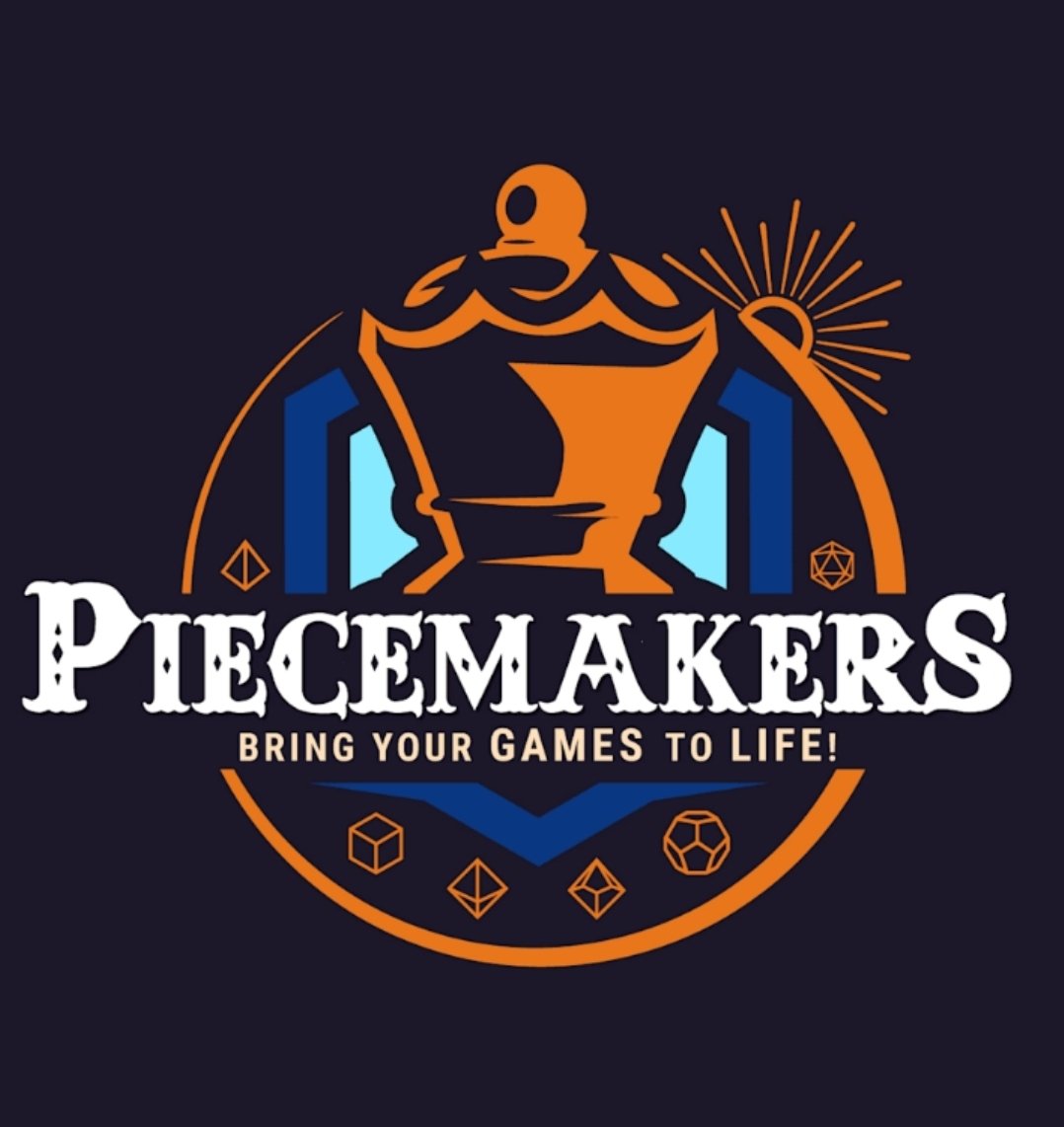I feel so bad when one of my players engages and then later apologizes for “taking too much spotlight” 😭. Honey, you’re fine! We’re all grateful as fuck for you.
Eh, I’ve seen it cut both ways (as someone who GMs 90% of the time).
Had a player I was friends with, and roommates for a while, who was a huge ‘spotlight hog’. Since some players are quieter and less assertive, I try to make sure each player gets at least one ‘spotlight moment’ each arc. And this player was real bad for always kinda muscling into other player’s ‘moments’.
After having multiple talks, eventually just had to kick him (cause he didn’t stop), which has pretty awkward considering ‘roommate’.
So I’d take players that need to be coaxed into RP over players that have main character syndrome any day (though, of course, ideally all the players just RP readily but politely).
The key to being a good spotlight hog is to know you do it and drag the quieter players along with you.
“Hey grog, let’s go check out that huge rock that seems to be sitting on a big red button, maybe that will unlock the door”
I’d say the key difference between a ‘spotlight hog/main character syndrome’ and ‘a player who RPs a lot in a group full of quiet people’, is does the player also start talking/engaging whenever the spotlight is on the quiet player.
Because I think that’s the real rub; that difference between a player ‘dragging’ the less engaged players behind them (good and fine), and a player who can’t allow themselves to step back and let someone else be the main character for a single scene.
I’ve seen this too; the problem is people who use this legitimate problems to shame someone who’s doing nothing wrong.
For sure. Like a lot of ‘social stuff’, context matters a lot.
Groups are different too; a table full of engaged RP-heavy characters can work, but put one of those players in a more quiet group, and suddenly, they can talk over everyone and be a ‘problem player’ (or vice versa; quiet player an a very social group).
I’m a very social player and even I can feel like I’m talked over sometimes in a very engage RP-heavy group, just because I’ve trained myself not to interrupt people.
You might feel that way, but if they’re complaining that you steal the spotlight too much, theyre probably introverts who find it too hard to cut in without you allowing them a chance.
I will literally let my table sit in silence before butting in.
Like, I’ve trained myself to hold back so much I struggle to get a word in edgewise in more proactive groups.
The problem is definitely they’re introverts, but I can’t force them to talk.
Eh. The only thing wrong here is saying the other is playing wrong. First person could say theyd like more opportunities to speak and make decisions and second person can try to bring them into conversations and ask their character their thoughts
Of course there’s ways to be better, but getting mad at the active player kinda justifies them calling them out.
It’s a fine line to walk. I try to get other players RPing more by asking them questions or asking them to do a thing. One of our players specifically said that she just liked watching everyone play, which is rough when you’re trying to share the spotlight. It’s not a passive game. Everyone needs to engage a bit or all of the weight is on the ones who will.
And as a DM the Omni man player is far far more welcome at my tables.
Seriously. I mean, show a little appreciation for the hours of game prep and, I dunno, play in the world beyond rolling initiative? 😅🤷🏼♂️
Damn right.
I’ve had one of my players pull up another for this. Matt would always engage and RP. He became the defacto leader. And James who never RPd pulled Matt up for declaring himself leader.
When I had this issue I made it my characters goal to engourage my party’s growth.
I ended up being the leader by merit of my character being more forward thinking and organised.
So instead of me handling anything I’d be like… “Elf go talk to that guy I have a feeling you will get in well”
I encouraged them to grow in character.
This is the way.
I 100% relate to this! It gets really old being the only one who plays their character instead of themselves, and I try to help others be motivated to engage, but lots of times it doesn’t work out and it feels like I’m a frontman to the whole group when that’s really not what I want at all.
I actually really appreciate the basic intro to FATE core because of this. When I led a one-off it’s what I started all the players with before they created characters, and I feel like it helped them become more engaged. The rules of your character in FATE Core are (my summary):
- Your characters are proactive, competent, and dramatic
- you are an active participant in storytelling - everything needs to make sense - narrate your rolls and justify [using inspiration]
- Fighting isn’t the best outcome many times, look for creative solutions as you can
I used to be in a lot of bad groups, with really horrible DMs and they would regularly shame me for actually roleplaying my character and engaging in roleplay instead of just shitposting and being a dumbass, or for like, actually making a character instead of exclusively hyper-optimizing for solely combat.
Let me join your FATE group
Dear gods, yes. Ask me how many characters I’ve had to reroll because the rest of the pasty plays mechanically and nobody else wants to Face or even knows what a Face is.
But then the table acts like I’m holding up the game when I do Face things to advance the game. It’s a role playing game, lads and lasses. What did you think this was, a dice game out back of the pub?
Sometimes I come to a session from a busy workday to decompress a bit, and might not engage the NPCs as much as the party face. But then again, I don’t hold that against him.
This is also important; sometimes not everyone wants to be a face.
I encourage high engagement players to toss the spotlight to lower engagement players. It isn’t solely on the GM to make sure everyone gets their turn in the spotlight.
Have your character ask other characters what they think, refer NPCs to them, suggest they go first/attempt a task, etc.
I think there’s also only so much you can do if people just won’t engage.
Kick/leave
Any table that has a “main character” can fuck right off
No table should have a main character, but having standout characters is pretty common.
The way I handle this is that I make an effort to use my role-playing to make other players engage.
Ooooof








